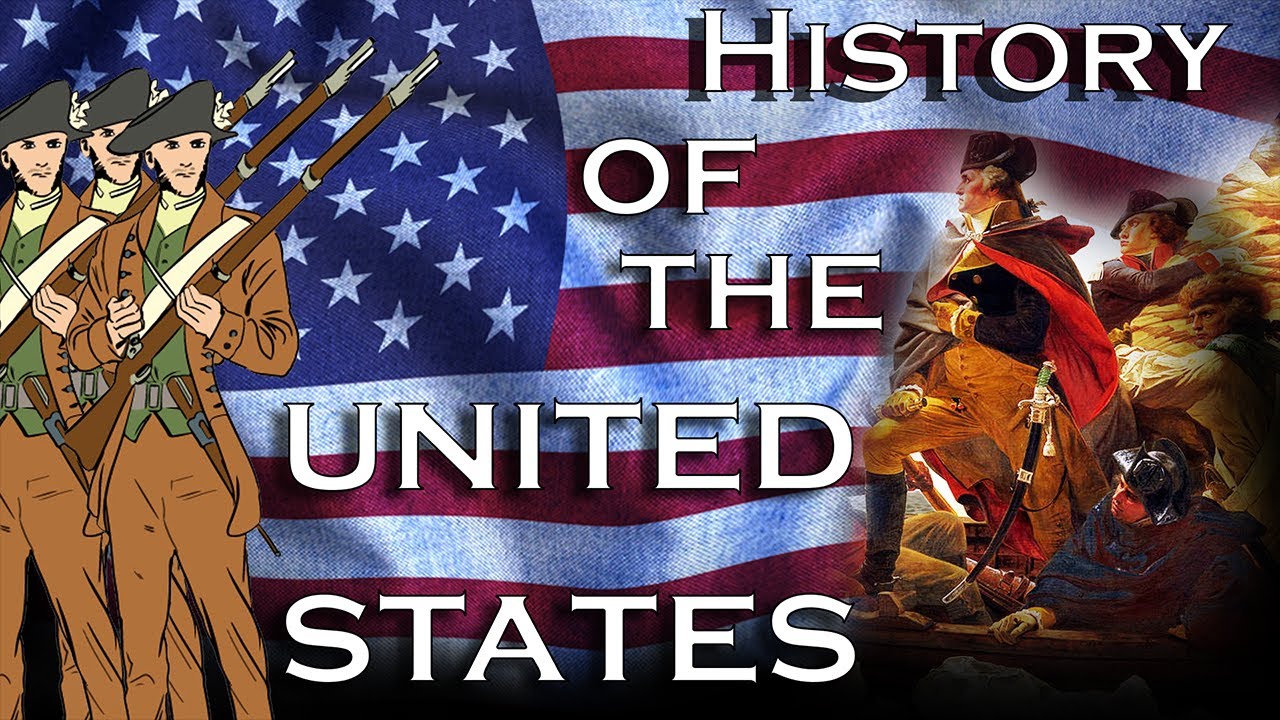Table of Contents
Section 1: Introduction: Important Milestones in U.S. History
Embarking on a riveting exploration of the United States’ rich tapestry, this blog post titled “Important Milestones in U.S. History: A Journey Through Time” invites you to traverse the annals of America’s past. As we delve into the pivotal events that have sculpted the nation’s identity, we will uncover the crucial milestones that stand as beacons of its evolution. From the early days of colonial aspirations to the complexities of the present era, this journey aims to unravel the significance, impact, and enduring legacy of key historical moments. So, fasten your seatbelts for a captivating expedition through the important milestones that have left an indelible mark on the course of U.S. history.
Section 2: Colonial Era Milestones
The roots of U.S. history trace back to the colonial era, marked by the establishment of the thirteen colonies. One of the earliest milestones was the arrival of the Mayflower in 1620, bringing Pilgrims seeking religious freedom to the shores of present-day Massachusetts. This event laid the groundwork for the development of the American identity, emphasizing concepts of self-governance and religious tolerance.
As we progress through this era, the milestone of the Declaration of Independence in 1776 stands out. Penned by Thomas Jefferson, this document not only declared the colonies’ independence from British rule but also enshrined fundamental principles of liberty and equality. The Revolutionary War, a culmination of colonial resistance, further solidified the quest for self-determination, leading to the birth of a new nation.
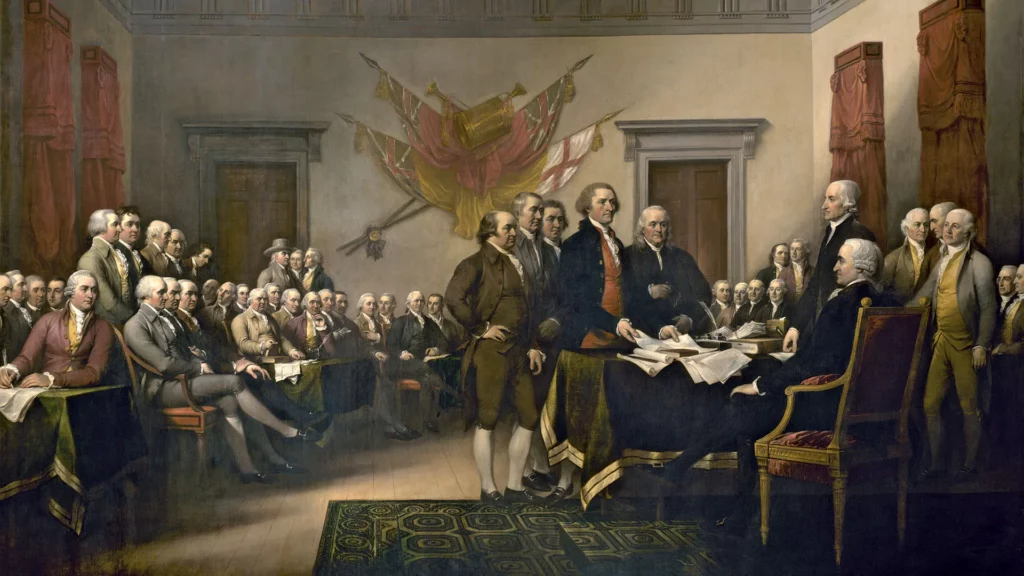
Section 3: Westward Expansion
The 19th century witnessed the westward expansion of the United States, a period marked by territorial acquisitions and the exploration of new frontiers. The Louisiana Purchase in 1803 doubled the nation’s size, opening vast areas for settlement. The Lewis and Clark expedition, commissioned by President Thomas Jefferson, played a crucial role in mapping and understanding the newly acquired territory.
During this era, the completion of the Transcontinental Railroad in 1869 connected the East and West coasts, revolutionizing transportation and facilitating migration. However, westward expansion also brought about conflicts with Native American populations, shaping a complex chapter in U.S. history.
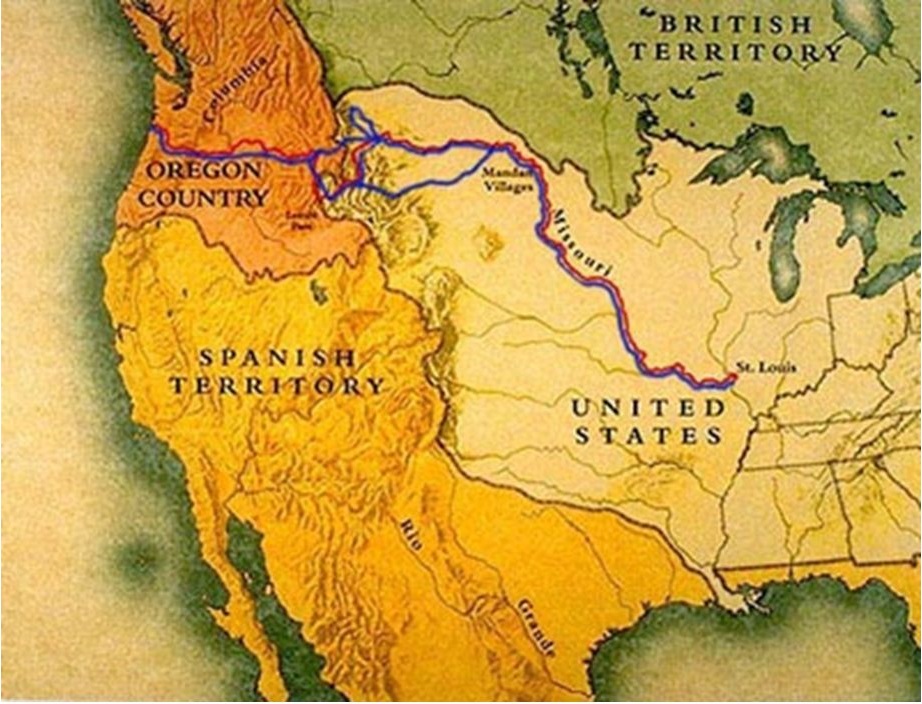
Section 4: Civil War and Emancipation
The mid-19th century brought about a defining moment in U.S. history – the Civil War. Fought from 1861 to 1865, this conflict was primarily centered around issues of slavery, state rights, and the preservation of the Union. The Battle of Gettysburg in 1863 marked a turning point, leading to the eventual victory of the Union forces.
One of the most impactful milestones during this tumultuous period was the Emancipation Proclamation issued by President Abraham Lincoln in 1863. This executive order declared freedom for all enslaved individuals in Confederate-held territories, shifting the focus of the war and setting the stage for the abolition of slavery.
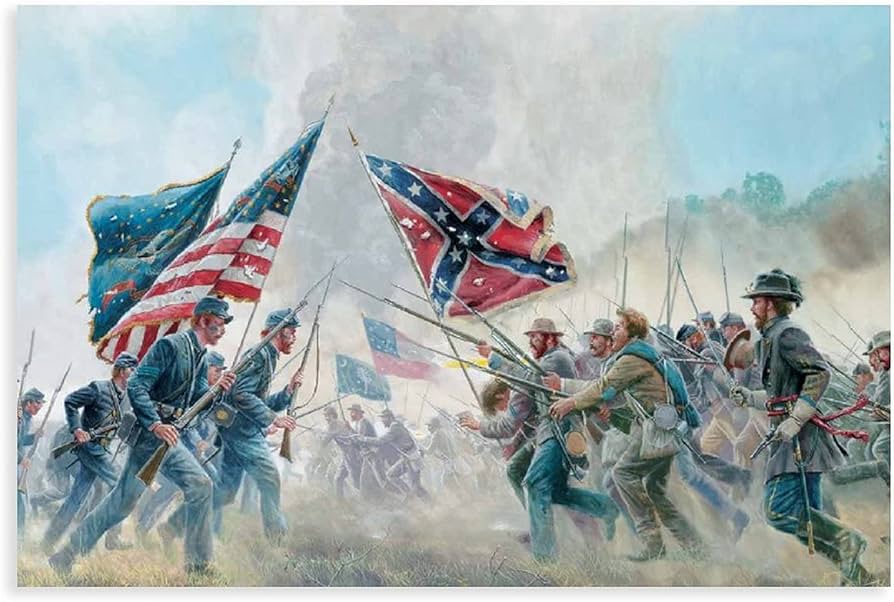
Section 5: Civil Rights Movement
As we transition to the 20th century, the Civil Rights Movement takes center stage. This pivotal era, spanning the 1950s and 1960s, aimed to end racial segregation and discrimination against African Americans. Key milestones include the landmark Brown v. Board of Education Supreme Court decision in 1954, which declared state laws establishing separate public schools for black and white students to be unconstitutional.
The Civil Rights Act of 1964 and the Voting Rights Act of 1965 were monumental achievements, prohibiting discrimination based on race and ensuring equal voting rights. Figures like Martin Luther King Jr. played instrumental roles in advocating for justice and equality, leaving an indelible mark on the nation’s conscience.
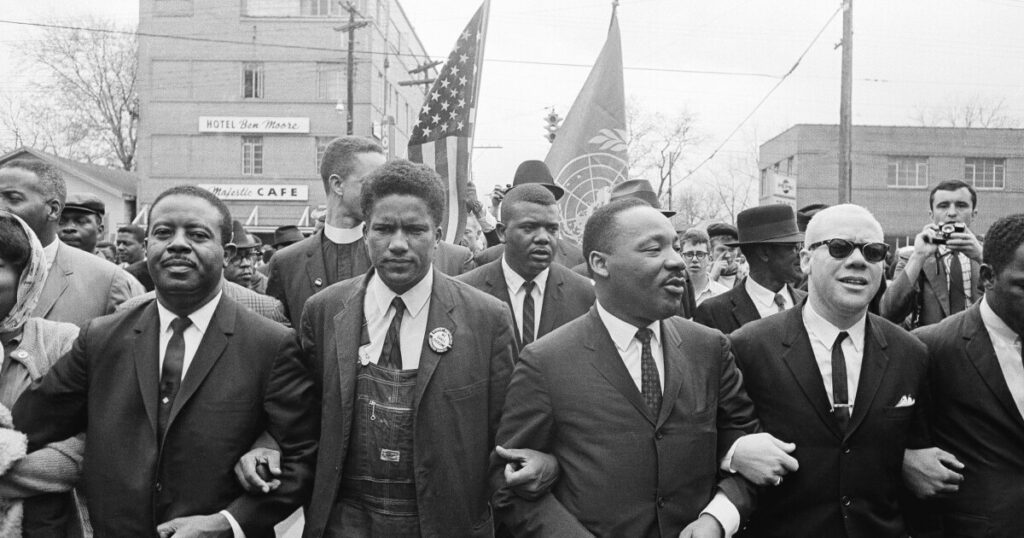
Section 6: Contemporary Achievements
Our journey through U.S. history brings us to the present, where the nation continues to evolve and achieve remarkable milestones. The late 20th century and early 21st century have witnessed transformative moments in technology, politics, and global relations. The end of the Cold War in the early 1990s marked a significant geopolitical shift, shaping the modern international landscape.
Technological advancements, particularly the rise of the internet, have revolutionized communication, commerce, and daily life. The 21st century has also seen the election of the first African American president, Barack Obama, in 2008, and the first female vice president, Kamala Harris, in 2020, breaking historic barriers and redefining political representation.
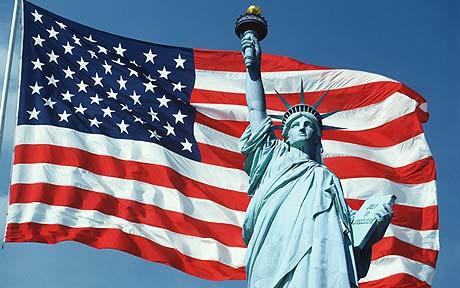
Section 7: What Were the Major Events in American History?
While our exploration has touched upon significant milestones, it’s essential to delve deeper into a broader perspective on the major events that have shaped American history. These events encapsulate the nation’s journey, showcasing its resilience, adaptability, and commitment to ideals.
Independence and the Founding Fathers
The quest for independence laid the foundation for the United States. Key events, such as the signing of the Declaration of Independence in 1776 and the subsequent Revolutionary War, marked the determination of the thirteen colonies to forge their own path. The visionary leadership of Founding Fathers like George Washington, Thomas Jefferson, and Benjamin Franklin played a pivotal role in shaping the nation’s early identity.
Expansion and the Manifest Destiny
The 19th century brought about the concept of Manifest Destiny, the belief that the United States was destined to expand across the continent. This period witnessed events like the Louisiana Purchase, the Oregon Trail migrations, and the annexation of Texas. These endeavors contributed to the territorial growth of the nation, albeit with challenges and conflicts.
Civil War and Reconstruction
The Civil War, fought between the Northern and Southern states from 1861 to 1865, stands as a defining moment in American history. The abolition of slavery, the Emancipation Proclamation, and the subsequent process of Reconstruction were crucial steps toward national unity and civil rights. This tumultuous era reshaped the nation’s commitment to equality and justice.
The Great Depression and World Wars
The 20th century brought both economic hardship and global conflicts. The Great Depression of the 1930s tested the nation’s resilience, leading to transformative policies and the New Deal. World War I and World War II saw the United States emerge as a global power, influencing international diplomacy and shaping the post-war world order.
Civil Rights Movement and Social Change
The mid-20th century witnessed a profound push for civil rights and social justice. Landmark events like the Brown v. Board of Education decision, the Montgomery Bus Boycott, and the March on Washington paved the way for legislative changes and a societal shift towards equality. Figures like Martin Luther King Jr. and Rosa Parks became symbols of the ongoing struggle for justice.
Modern Challenges and Achievements
As we navigate the complexities of the modern era, events like the end of the Cold War, advancements in technology, and strides in diversity and inclusion underscore the dynamic nature of American history. Challenges such as the 9/11 attacks and the ongoing fight against systemic issues remind us of the need for resilience and unity in the face of adversity.
This comprehensive overview of major events provides context to the specific milestones we’ve explored, offering a panoramic view of the diverse tapestry that is American history.
Conclusion
Our exploration of important milestones in U.S. history highlights the resilience, progress, and enduring spirit of the nation. From the early days of colonization to the complexities of the present, each era has contributed to the rich tapestry of American identity. Understanding these pivotal moments not only provides insight into the past but also shapes our collective journey toward a more inclusive and equitable future.
As we reflect on the challenges and triumphs that have defined the United States, let us carry forward the lessons learned from history. By appreciating the significance of these milestones, we can actively contribute to the ongoing narrative of a nation that strives for progress, justice, and unity.
For More American History Milestones – Check Out This Link!
26 Decade-Defining Events in U.S. History | Britannica


